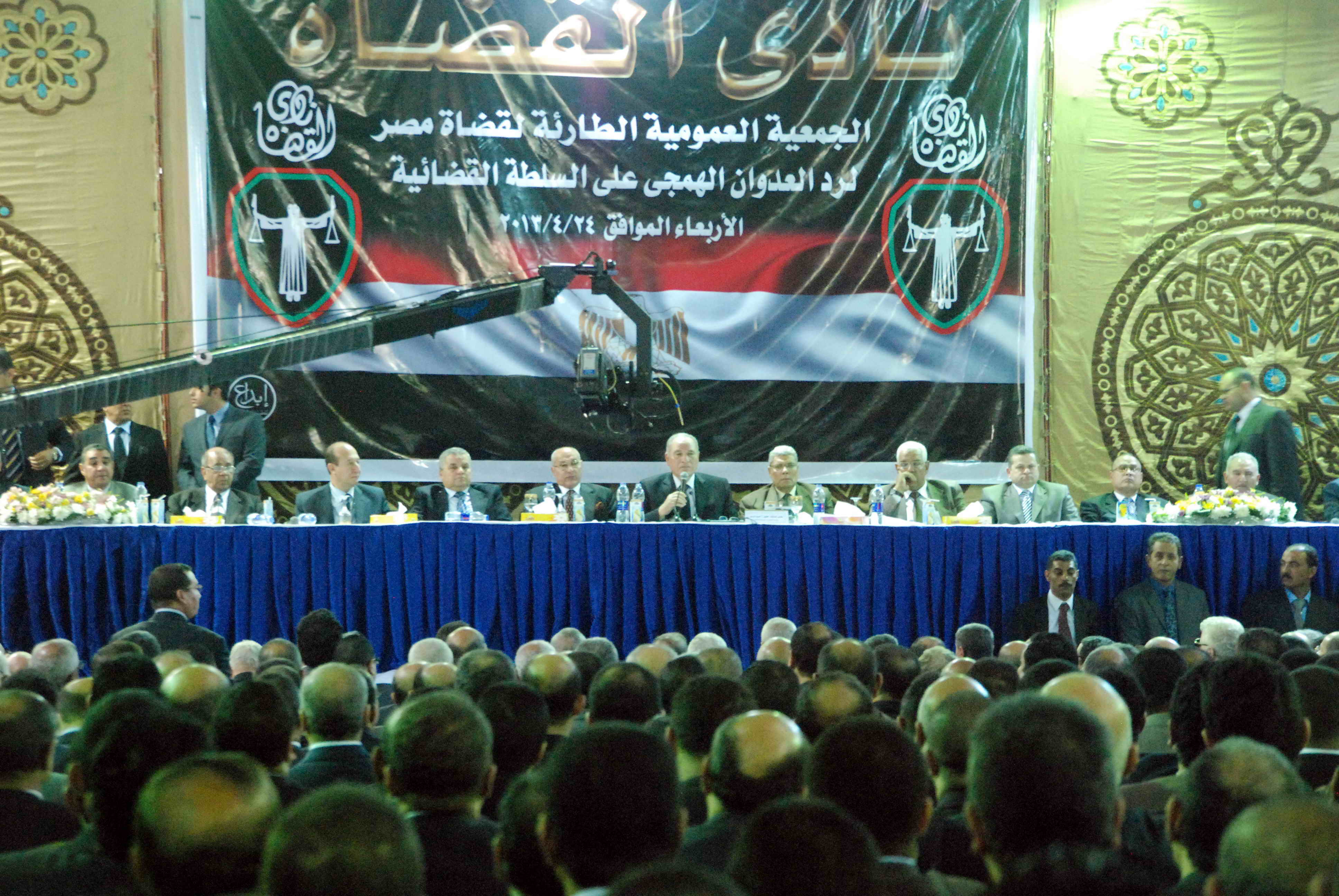CAIRO: The Al Jazeera Documentary channel broadcast the first part of its production about alleged police abuse and torture in Egypt last week.
Titled “Wara El Shams or “Beyond the Sun , the documentary included interviews with persons alleging they were abused by police and security forces in Egypt, re-enacted scenes, and commentary from human rights organizations and former police officers.
The 50-minute-documentary also included a small clip of the now widely-seen video of microbus driver Emad Al-Kabir, who was allegedly sexually abused by a police officer in Bulak Al Dakrour police station.
In the first part of her documentary, Taha presented two cases of what the station says is police torture. In every case, a person narrates the alleged abuse and where it occurred. The documentary also provided the name of the alleged victim, the number of the police report about the case along with the name of the human rights organization that follows up with the victim.
“I was harshly abused by a police officer because I refused to work as a police informant. The police officer stepped on my neck with his foot and pulled my two arms behind me, and left me with a total paralysis and damage in the arms muscles. My friend, Haytham, was also abused with me, but he was about to die, so the officer decided to stop the abuse, said Mohamed Badawy of the district of Al Basateen in the documentary.
The other alleged victim of police torture presented in the documentary is Ms S., a girl in her mid-twenties who claims she was sexually abused by a police officer in a police station.
Ms S. appeared with her mother narrating her case in one of the rooms of the Egyptian Organization on Human Rights. Her face was concealed to protect her real identity.
The young lady, who knows nothing about politics, said the whole story started when she entered a police station as a witness in a police report with her friend.
“The officer asked my friend to leave and ordered to put me in a small room like a prison. When I asked to go out, I found him entering the room, shouting at me and insulting me with terrible words. I kept resisting but he harshly beat me with his legs until I fell down on the floor. He opened the zipper of my blouse and abused me sexually, Ms S. claimed.
A re-enacted scene depicting her story was presented to the audience as her voice-over played.
Al Jazeera identified the video footage as a re-enactment.
But Nabil Loka Bebawy, member of the Shoura Council and former police general, told Taha in the film that such cases of police abuse are isolated incidents and should not be considered endemic.
The authorities have accused Taha of “tarnishing the image and reputation of Egypt , a criminal offense. They say the video depictions in the documentary are all fabrications.
Mohamed Khalil Kwaitah, an MP who belongs to the ruling National Democratic Party (NDP) denied the torture cases which were referred to in the documentary.
Kwaitah told The Daily Star Egypt that all the torture clips that were broadcasted whether on satellite TV channels or mobile phones are nothing but fake action movies.
They are all lies and falsified information, Kwaitah said, adding that the sources used to support the torture stories are unreliable.
The documentary triggered much controversy months ahead of its airing date when producer Howayda Taha was arrested at Cairo International Airport as she was preparing to return to Doha, Qatar
Some 50 research tapes and interviews were confiscated.
Ramadan Mohamed, Taha’s husband, told The Daily Star Egypt that Taha managed to transfer the documentary footage to Doha, despite the continuous monitoring of the Egyptian police of her actions and movements before she travels.
“She went with her driver to Al Jazeera’s Cairo bureau. As she got to the office, her photographer Ahmed Rabei gave her a face veil to wear and go out from the office. Wearing the face veil, Howayda left the office, rode another car with another driver and ran to Al-Jazeera Satellite location in the 6th of October city to send the documentary to Qatar, he explained.
He added that she stayed in the Satellite location from 9 pm till 1 pm the next day and finally managed to transfer the documentary, because she suspected that the Egyptian police would confiscate the tapes in the airport.
“I feel I have made an achievement. I am waiting to see the response of the audience on such an important subject. I believe it is a case of public opinion and this documentary encouraged me to continue my work on such issues. I have to speak out for those who can’t speak out, Taha told The Daily Star Egypt in a phone interview last week.
In early January Taha was charged with the violation of Article 80/D in the Penal Code which relates to transgressions which are considered to be threatening the country s national interest.
She was also charged with the possession and transfer of falsified graphics that tarnish Egypt’s reputation and image.
Earlier this month the final ruling on her trial was postponed till May 2. If found guilty, Taha prison sentence that ranges from six months to three years, along with a fine of LE 10,000.
The second part of the documentary will be aired on Wednesday, April 18 at 11:05 CLT.

